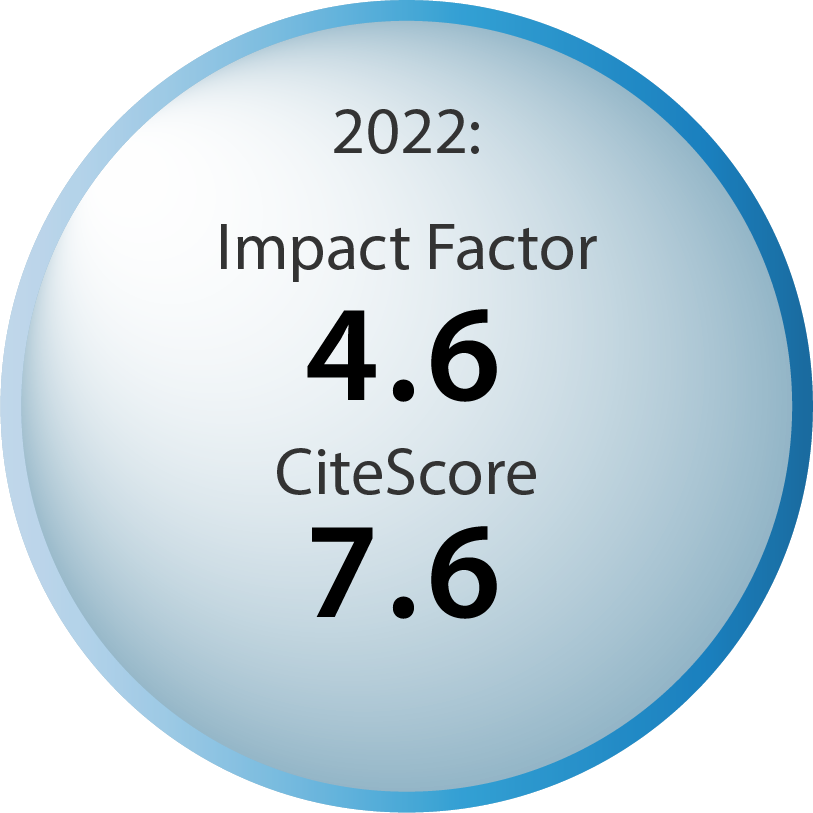Open Access Policy
The emergence of the World Wide Web and its global access has fundamentally changed the way information in general and research literature in particular can be exchanged. In contrast to print publishing – where providing a given content involves a production expense for every reader – online publishing allows the deposition of a single copy that can be accessed worldwide. This potential coupled to the Creative Commons Attribution (CC BY) license allows the feasibility of Open Access, the unrestricted access and reuse of published material. Under the CC BY, authors agree to make their work legally available for reuse with no permissions required or fees raised as long as the author and original source are appropriately cited. These principles are best described by the opening sentences and the actual definition of the term Open Access as presented in the Budapest Open Access Initiative (2001):
“An old tradition and a new technology have converged to make possible an unprecedented public good. The old tradition is the willingness of scientists and scholars to publish the fruits of their research in scholarly journals without payment, for the sake of inquiry and knowledge. The new technology is the internet. The public good they make possible is the world-wide electronic distribution of the peer-reviewed journal literature and completely free and unrestricted access to it by all scientists, scholars, teachers, students, and other curious minds.”
“By “open access” to this literature, we mean its free availability on the public internet, permitting any users to read, download, copy, distribute, print, search, or link to the full texts of these articles, crawl them for indexing, pass them as data to software, or use them for any other lawful purpose, without financial, legal, or technical barriers other than those inseparable from gaining access to the internet itself. The only constraint on reproduction and distribution, and the only role for copyright in this domain, should be to give authors control over the integrity of their work and the right to be properly acknowledged and cited.”
The publishers of Microbial Cell fully subscribe these principles. Thus, the articles and accompanying materials appearing in the journal are published under the CC BY and have been designed to be freely available to the scholarly and general public around the world. Upon acceptance of an article, the author(s) will be asked to agree to publish their work under the CC BY. Assessing universal online accessibility to scientific knowledge allows (i) the quick and unrestricted use of published data by researchers, (ii) the visibility maximization of own findings for authors, (iii) the public access of mostly publicly funded research and (iv) the availability of latest research results for educational purposes.
There are many organizations, such as PLOS (Public Library of Science), SPARC (the Scholarly Publishing and Academic Resources Institute), or the Open Society Foundations, that work tirelessly for progress in Open Access. Please visit those sites and resources to help you learn more or to advocate for Open Access journals in your institution.









